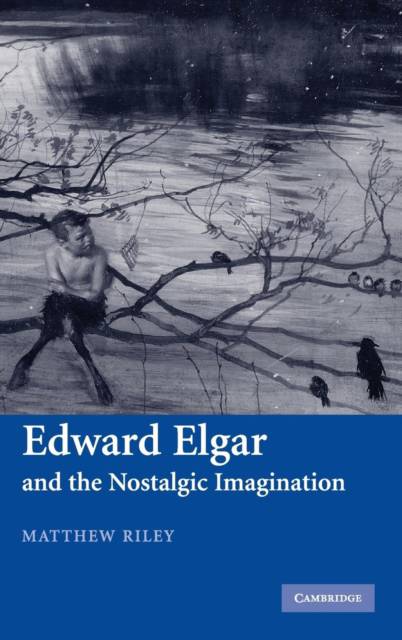
- Afhalen na 1 uur in een winkel met voorraad
- Gratis thuislevering in België vanaf € 30
- Ruim aanbod met 7 miljoen producten
- Afhalen na 1 uur in een winkel met voorraad
- Gratis thuislevering in België vanaf € 30
- Ruim aanbod met 7 miljoen producten
Zoeken
€ 172,95
+ 345 punten
Uitvoering
Omschrijving
During his lifetime, and in the course of the twentieth century, Edward Elgar and his music became sites for a remarkable variety of nostalgic impulses. These are manifested in his personal life, in the content of his works, in his critical and biographical reception, and in numerous artistic ventures based on his character and music. Today Elgar enjoys renewed popularity in Britain, and nostalgia of various forms continues to shape our responses to his music. From one viewpoint, Elgarian nostalgia might be dismissed as escapist, regressive and reactionary, and the revival in Elgar's fortunes regarded as the symptom of a pernicious 'heritage industry' in post-colonial, post-industrial Britain. While there is undeniably a grain of truth to that view, Matthew Riley's careful treatment of the topic reveals a more complex picture of nostalgia, and sheds light on Elgar and his cultural significance in the twentieth and twenty-first centuries.
Specificaties
Betrokkenen
- Auteur(s):
- Uitgeverij:
Inhoud
- Aantal bladzijden:
- 254
- Taal:
- Engels
Eigenschappen
- Productcode (EAN):
- 9780521863612
- Verschijningsdatum:
- 5/03/2007
- Uitvoering:
- Hardcover
- Formaat:
- Genaaid
- Afmetingen:
- 164 mm x 234 mm
- Gewicht:
- 539 g

Alleen bij Standaard Boekhandel
+ 345 punten op je klantenkaart van Standaard Boekhandel
Beoordelingen
We publiceren alleen reviews die voldoen aan de voorwaarden voor reviews. Bekijk onze voorwaarden voor reviews.











